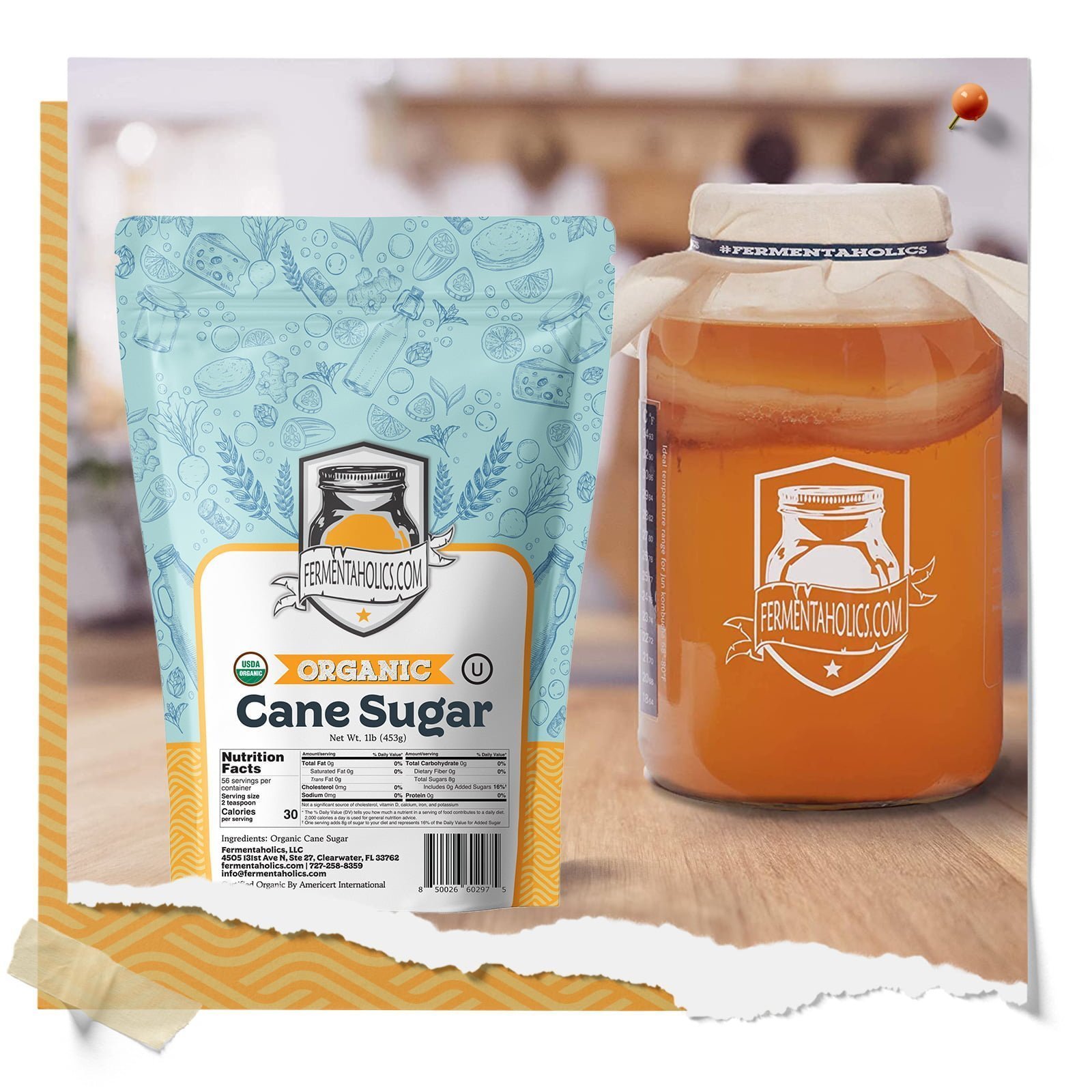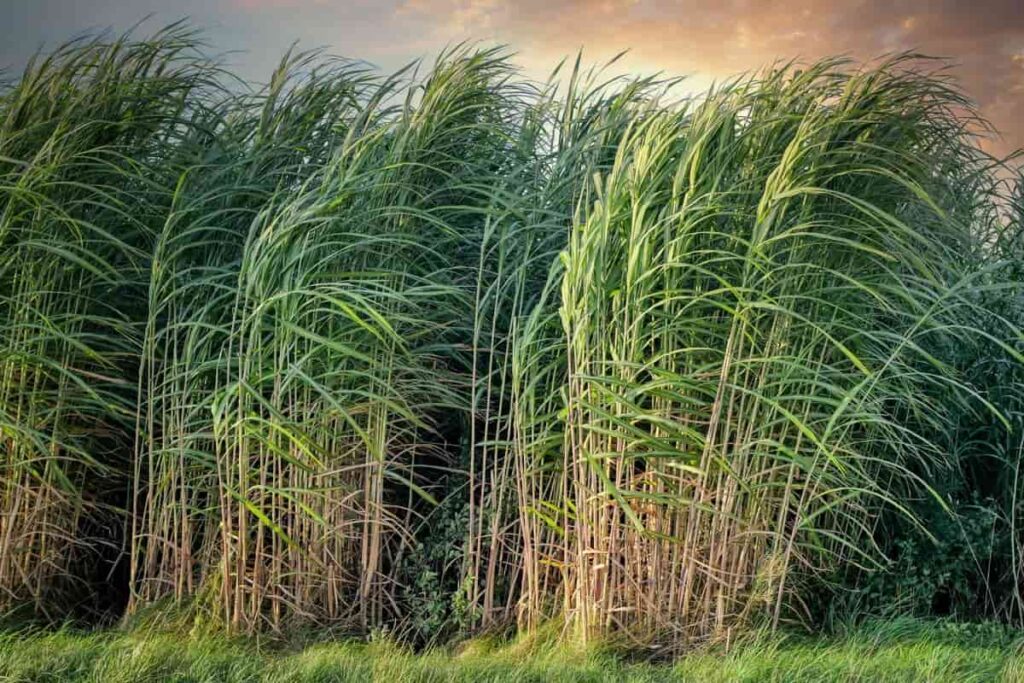Discover the Numerous Applications and Benefits of Sugar Cane in Everyday Life
Sugar cane, often ignored, plays a considerable duty in different elements of every day life. Its cooking applications range from improving flavors to providing all-natural sweetness. Beyond the kitchen area, sugar walking stick's essences discover uses in pharmaceuticals and cosmetics, showcasing its convenience. Furthermore, it adds to sustainability with biofuel production. The myriad ways sugar Cane effects health and wellness and the atmosphere raise concerns about its untapped capacity. What various other advantages might this plant deal?
Culinary Utilizes of Sugar Cane
Although frequently connected mainly with sugar, sugar Cane boasts a range of culinary applications that extend far past its role in the manufacturing of sugar. In lots of foods, sugar Cane is made use of in its fresh kind, where the stalks can be crushed to extract juice, offering a normally pleasant and invigorating active ingredient for different dishes. This juice is commonly made use of in dressings, marinates, and sauces, boosting tastes with its one-of-a-kind sweet taste.
Additionally, sugar Cane can be refined right into molasses, a result abundant in nutrients and taste, which includes deepness to mouthwatering dishes and baked goods. Chefs also discover sugar walking stick's fibrous stalks, using them as skewers for cooking, imparting subtle sweetness to meats and vegetables. Past its usage in standard meals, sugar Cane is gaining acknowledgment in modern-day gastronomy, where cutting-edge cooks utilize its convenience to produce special taste accounts, showcasing the component's potential throughout a vast variety of culinary developments.

Sugar Cane in the Drink Sector
Sugar walking cane's convenience extends right into the beverage market, where it works as a fundamental ingredient in a selection of drinks. One of one of the most significant items derived from sugar Cane is rum, a distilled spirit that has gotten globally popularity. Additionally, sugar Cane juice itself is a revitalizing drink enjoyed in numerous tropical areas. It is typically served cooled and can be found at road suppliers and local markets.
Sugar Cane contributes to the production of sweet soft beverages, where it includes sweet taste that enhances flavor profiles. Its all-natural sweet taste is likewise harnessed in the crafting of mixed drinks and various alcohols, supplying a more genuine taste compared to sweetening agents. Past these applications, sugar Cane is being discovered for its potential in developing much healthier beverage choices, as consumers significantly seek natural and natural alternatives. Overall, sugar Cane plays an important role in enriching the beverage landscape.
The Duty of Sugar Cane in Cosmetics
The cosmetic industry has progressively recognized the benefits of sugar cane, leveraging its natural residential properties for skin care and elegance items. Sugar Cane contains glycolic acid, an alpha-hydroxy acid (AHA) known for its exfoliating residential properties. This substance aids to remove dead skin cells, advertising a smoother and much more radiant complexion. In addition, sugar Cane is rich in anti-oxidants, which fight cost-free radicals and might slow down the aging procedure.
Sugar Cane extracts are typically included right into formulations for their hydrating top qualities. They can boost wetness retention, making skin show up plumper and much healthier (What Is Sugar Cane Used For). Numerous brand names also utilize sugar cane-derived active ingredients in body scrubs and cleansers, maximizing its capacity to gently rub away contaminations
Drug Applications of Sugar Cane
As scientists explore the possibility of all-natural resources, sugar Cane arises as a useful part in the pharmaceutical field. Its active substances, including flavonoids and phenolic acids, exhibit antioxidant and anti-inflammatory residential properties, making them ideal for developing numerous wellness items. Sugar Cane derivatives, such as molasses and bagasse, are also made use of in the solution of syrups and tonics, improving their medical worth.
Additionally, sugar cane's sucrose works as an all-natural sugar in pediatric medication, enhancing the palatability of otherwise unattractive medications. The bioactive substances stemmed from sugar Cane have actually shown promise in combating chronic diseases, consisting of diabetes and cardio problems.
In addition, the plant's high fiber content adds to digestion wellness, while its polysaccharides help in medicine distribution systems, promoting better absorption of pharmaceutical substances. Generally, the combination of sugar Cane into pharmaceutical applications highlights its convenience and potential in advertising health and wellness and wellness.

Sugar Cane as a Lasting Biofuel
While global energy demands continue to climb, the adjustment to sustainable biofuels presents a possibility for technology, with sugar Cane being a prominent candidate. This functional crop can be exchanged ethanol, a sustainable power source that significantly minimizes greenhouse gas discharges contrasted to fossil fuels. The procedure includes fermenting the sugars extracted from the walking stick, which can then be blended with gas or utilized as a standalone gas.
In addition, sugar walking stick's high return per acre makes it an efficient choice for biofuel manufacturing, making basics the most of energy output while reducing land usage. Growing sugar Cane additionally sustains neighborhood economies and produces job opportunities in farming and manufacturing markets. As countries look for to expand their power portfolios and reduce dependency on non-renewable sources, sugar Cane biofuel stands as a viable service, adding to the global modification towards cleaner energy options.
Sugar Cane and Environmental Perks

Commonly ignored, sugar Cane plays a significant role in advertising ecological sustainability. This flexible plant is very effective in carbon dioxide absorption, adding to cleaner air (What Is Sugar Cane Used For). Through photosynthesis, sugar Cane absorbs even more CO2 than many various other plants, which assists minimize climate adjustment results
Sugar Cane growing can improve soil wellness. Its deep-root system protects against dirt erosion and improves water retention, cultivating an extra resistant ecosystem. Additionally, sugar Cane can be expanded in less fertile land, minimizing the pressure on cultivable land needed for food production.
The by-products of sugar walking stick, including bagasse and molasses, can be repurposed to create natural plant foods and dirt conditioners, even more benefiting farming methods. By integrating sugar Cane into lasting farming systems, areas can advertise biodiversity and reduce dependence on synthetic chemicals. As a result, the ecological advantages of sugar Cane expand beyond its economic value, sustaining a much more sustainable future.
Innovative Uses Sugar Cane in Market
The ingenious uses sugar Cane in market are broadening quickly, showcasing its adaptability beyond standard applications. This renewable source has considerable possibility in biofuel manufacturing, lasting packaging solutions, and health and nutrition items. As markets seek eco-friendly options, sugar Cane is arising as a vital gamer in advertising sustainability and improving product offerings.
Biofuel Manufacturing Potential
Taking advantage of the all-natural sugars discovered in sugar walking stick, scientists and industries are increasingly concentrating on its capacity for biofuel manufacturing. Sugar Cane is abundant in sucrose, which can be fermented to create ethanol, an eco-friendly energy source that can replace fossil gas. This procedure not just decreases greenhouse gas discharges but also promotes power independence. Furthermore, the byproducts of sugar Cane handling, such as bagasse, can be made use of to create electricity, more improving the sustainability of biofuel production. Nations with abundant sugar Cane cultivation, like Brazil, are blazing a trail in biofuel advancements, showcasing economic benefits and ecological duty. As technology evolves, the performance of converting sugar Cane right into biofuel proceeds to enhance, solidifying its function in the future of renewable energy.
Sustainable Packaging Solutions
As markets seek environment-friendly alternatives to typical materials, sugar Cane becomes an appealing resource for sustainable product packaging solutions. The coarse byproducts of sugar walking cane, specifically bagasse, are progressively utilized to develop naturally degradable packaging items. This product not just reduces reliance on petroleum-based plastics yet additionally contributes to decrease carbon discharges throughout manufacturing. Companies are currently adopting sugar cane-based packaging for a selection of applications, including food containers, non reusable utensils, and protective product packaging. These solutions not only meet consumer demand for eco friendly alternatives but also align with corporate sustainability goals. As understanding expands, the shift in the direction of sugar cane-derived packaging shows a more comprehensive dedication to reducing environmental influence while keeping performance and efficiency in various markets.
Health and Nourishment Products
Ingenious applications of sugar Cane expand past sustainable product packaging, discovering considerable roles in health and wellness and nutrition items. Sugar Cane is increasingly utilized for its all-natural sweetness and nutritional advantages, offering as a healthier option to fine-tuned sugars. Its essences are included into different food and drink solutions, offering a resource of power while contributing vital minerals and vitamins. Additionally, sugar Cane juice is rich in anti-oxidants, promoting overall health and helping in food digestion. The fibers from sugar Cane are additionally being checked out for their capacity in nutritional supplements, boosting fiber intake in modern-day diets. As consumers look for healthier options, sugar Cane remains to arise as a flexible he said ingredient that straightens with the expanding demand for nutritious foodstuff.
Regularly Asked Concerns
What Are the Nutritional Perks of Sugar Cane?
The nutritional advantages of sugar Cane include its all-natural sugars, vitamins, and minerals. It has antioxidants and gives hydration, possibly assisting food digestion and power degrees, making it a useful enhancement to a balanced diet regimen.
How Is Sugar Cane Harvested and Processed?
Sugar Cane is gathered by cutting the stalks short, followed click to investigate by transferring them to processing facilities. There, they undertake cleaning, crushing, and clarification to remove juice, which is after that processed right into sugar products.
Exist Any Wellness Risks Associated With Sugar Cane?
The inquiry of health and wellness dangers related to sugar Cane exposes prospective problems. High sugar material can lead to weight problems and diabetic issues, while excessive consumption may additionally trigger stomach discomfort. Small amounts is important for keeping overall wellness.
Can Sugar Cane Be Grown in Any Kind Of Climate?
Sugar Cane flourishes in subtropical and exotic climates, calling for cozy temperatures, plentiful sunshine, and substantial rainfall. It battles in cooler areas, limiting its growth largely to locations with suitable climatic conditions for optimal return.
What Is the History of Sugar Cane Cultivation?

Often linked largely with sweeteners, sugar Cane flaunts a variety of cooking applications that expand much past its duty in the manufacturing of sugar. Furthermore, sugar Cane can be refined into molasses, a byproduct rich in nutrients and taste, which adds depth to baked goods and tasty dishes. Using the natural sugars discovered in sugar walking stick, sectors and scientists are progressively concentrating on its capacity for biofuel production. Sugar Cane is increasingly utilized for its all-natural sweetness and dietary advantages, offering as a healthier option to refined sugars. The dietary benefits of sugar Cane include its natural sugars, vitamins, and minerals.